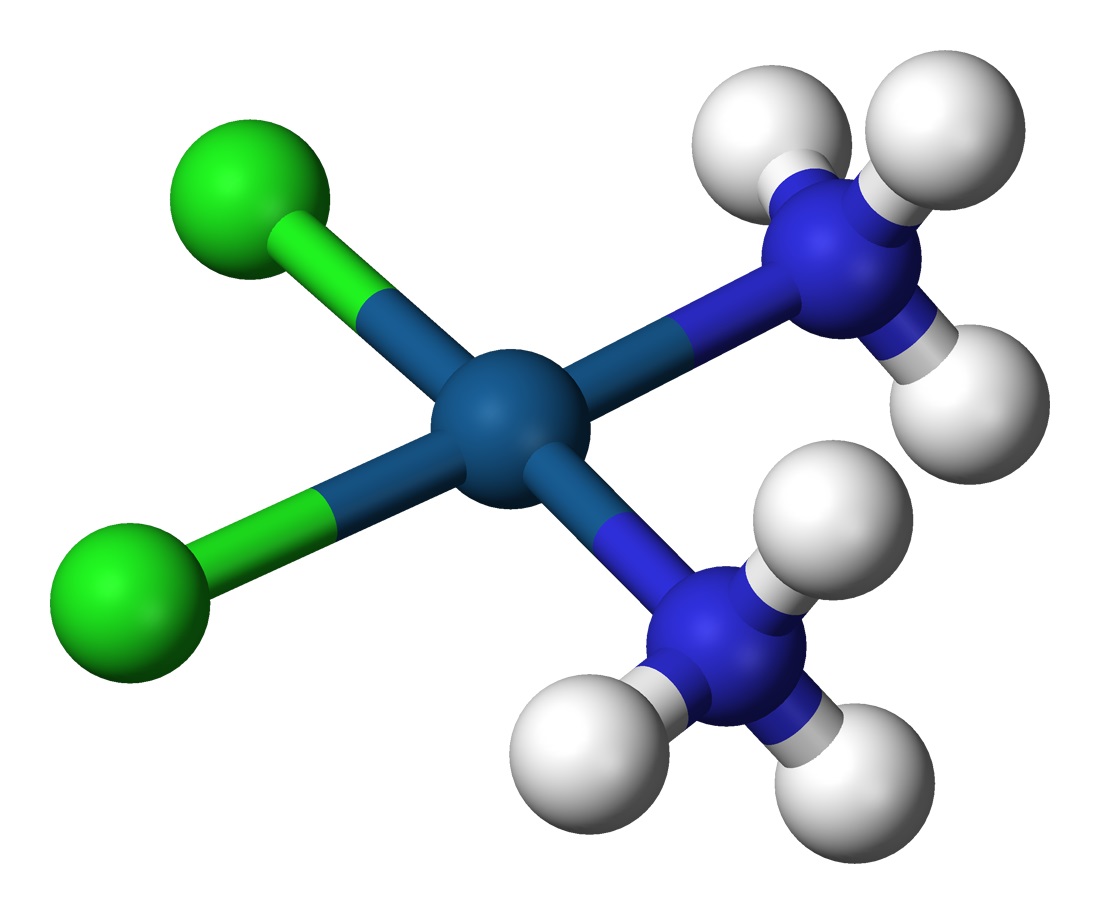CHM423: Coordination Chemistry
Coordination Chemistry involves the study of coordination compounds, their structures, properties and applications. The term ‘Coordination’ is used to describe compounds that stems from the nature of chemical bond. This chemical bond called coordinate covalent bond involves donation of electron pair(s) by a molecule or negatively charged ion, a Lewis base, to a neutral metal or positively charged ion, a Lewis acid. These compounds are known, from spectroscopic studies, to exist in various structures based on the number of ligands i.e. Lewis base that coordinates to the metal.
Coordination chemistry provides the information on the mode of action of biological molecules based on their structural studies. With such knowledge, scientists have been able to design and modify several important biological molecule



